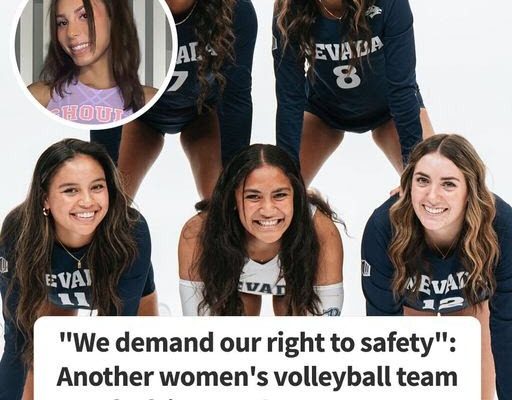A recent volleyball match forfeiture has gotten a lot of attention and discussion across the country. Because transgender player Blair Fleming was on the team, the University of Nevada, Reno and Utah State University both had to forfeit their games against San Jose State University.

The University of Nevada, Reno, made it clear that its players’ choice to forfeit was their own, and they had not talked to the school or athletic staff about it. The school said again that it was committed to equality and acceptance, citing Nevada law and NCAA rules.
Senior player Sia Liilii talked about how upset she was: “It was a really frustrating time…” We were going to play a big game.”
Utah State University’s forfeiture was part of a bigger plan to support a lawsuit against Blair, which claims she broke a law that says transgender athletes can’t play women’s sports.

Equality California and other advocacy groups say that these choices are “rooted in transphobia and not reality.”
This debate shows how complicated it is when sports, identity, and the law come together. One thing is clear as the discussion goes on: these forfeitures have effects that go far beyond the volleyball court.




